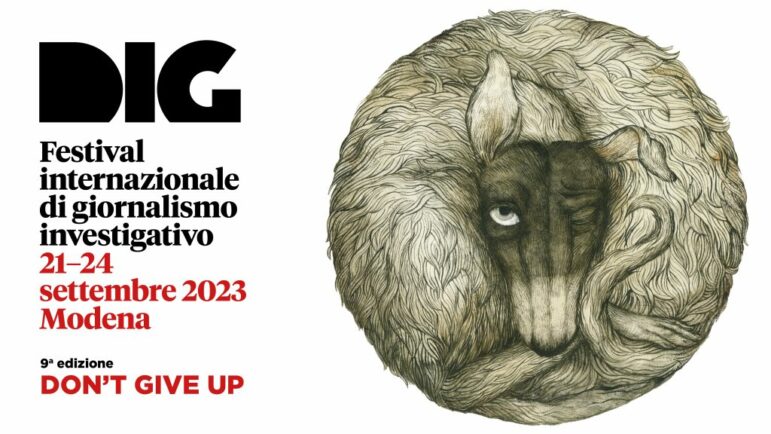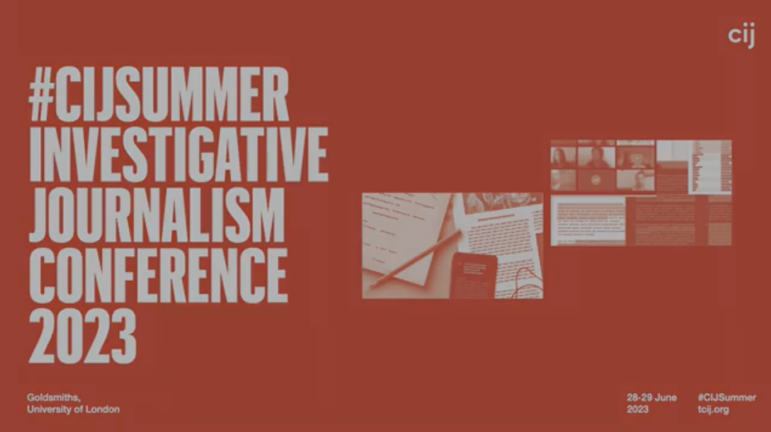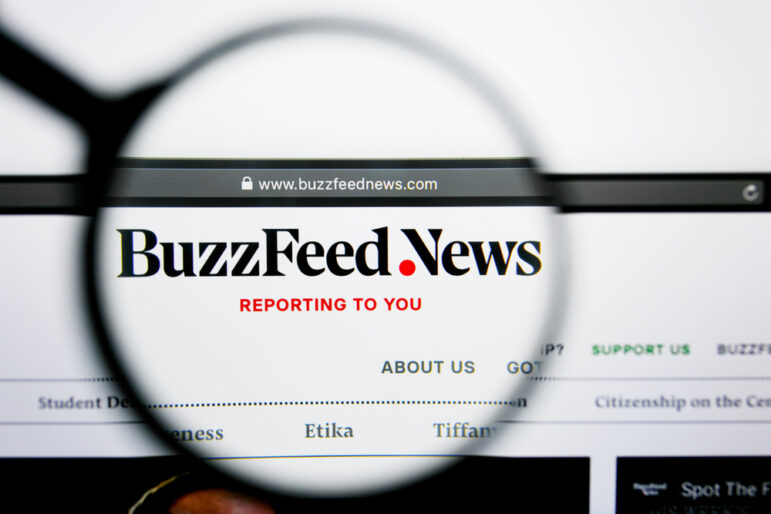

How the BBC Abandoned Investigative Reporting
 The BBC has more journalists than any other media outlet in Britain, but out of those 4,000 men and women, yes 4,000, precisely none of them work in an investigations unit. The Sunday Times, Guardian, Telegraph and Mail have far less journalists between them but they all maintain centralized investigations units.
The BBC has more journalists than any other media outlet in Britain, but out of those 4,000 men and women, yes 4,000, precisely none of them work in an investigations unit. The Sunday Times, Guardian, Telegraph and Mail have far less journalists between them but they all maintain centralized investigations units.
At the same time the BBC thinks it right to employ between 150 and 200 press officers. Yes, the BBC’s budget is being squeezed mercilessly, but it is about priorities. Newspaper hacks are judged by their ability to find news. They complain that many BBC journalists go through whole careers without breaking a story.
Back in the 2000s I was asked to draw up a plan for a BBC investigations unit, to take on the papers. I wasn’t necessarily interested in running it but I was interested in writing the blueprint and working in it. It was because we had created something similar on a smaller scale at the BBC’s ‘flagship’ current affairs show Newsnight. I had previously worked in radio (on Today, World at One and PM) and on moving to Newsnight I was shocked at how little journalism TV producers really did. The production demands of television meant that booking guests, getting crew to the right places, finding pictures, and ordering graphics took precedence over finding out what the story was.
Some of the reporters had managed to carve out a little space to follow their own leads on occasions, and I decided to invent the post of Investigations Producer and appoint myself to it. My logic was that if it was a success, the bosses would go along with it and take the credit.
It is not that the BBC doesn’t have brilliant journalists, it does, and I’ve been lucky enough to work with them on Newsnight and the documentary programme Panorama. Their foreign correspondents are excellent at flying in to stories as they happen around the world, and making you care about what’s happening thousands of miles away. The producers also put their lives on the line to make that happen. The Home Affairs Unit is packed with people who have the ability and aptitude to dig, but all too often are dragged into just feeding the sausage machine with agenda stories. There are individuals scattered in radio and TV programmes, in the regions, and all over the institution, who are trying to do investigations often in their spare time and with little support. Typically managers see them as a problem.
Even Panorama, which was once seen as a primarily investigative programme, now spends much of its time on analysis, although it still occasionally makes great programmes like the undercover investigation into G4S’s cruelty to youth inmates.
BBC managers like on-agenda stories that can be planned ahead. Court cases, parliamentary debates, press-released events, and reports all appear on diaries weeks ahead. They are predictable and if you spend the time and money you will always get something you can put on air, and the people you do stories about are usually happy. Their PR teams will invite you to flash lunches and the best corporate Christmas bashes.
Investigations aren’t like that. They are hassle. You’re more likely to get named on a writ than invited to the party. You might spend the money and get nothing, or be stopped by the lawyers from broadcasting a scoop. If you broadcast, you will be attacked by your targets, and accused of bias. You may be dragged through the courts and tied up in the internal complaints machinery, sometimes for years, and then there’s the BBC Trust as a final pointless court of appeal. The sooner the Trust is abolished and the BBC brought under OFCOM, like other broadcasters, the better.
As Investigations Producer at Newsnight, I had space to make investigations a core part of the programme, pulling in great reporters and screening them from the demands of daily coverage, sometimes getting a leaked report on a running story to feed into that night’s Newsnight, or spending a couple of weeks on something more substantial, but simultaneously working on complex investigations which could take a year.
This is what a BBC investigation unit would also have to do. It would need to feed into daily programmes but also come up with the big sledgehammer stories. It would need a core team of experienced investigative journalists, but others who had good ideas, or great contacts, could be attached to the unit for as long as it took to get the story out there. You wouldn’t want a hard wall between the investigators and other journalists. You would want to encourage every journalist to chase stories and help them do that.
I had already put together resources on the web, primarily aimed at new BBC journalists but available to all, on how to do investigations, as well as running classes for the BBC College of Journalism and others.
But the proposal for an investigations unit foundered at an early stage amongst infighting about who would run it and where the budget would come from. From the outside, the BBC looks like a monolith, but inside it is more like Game of Thrones with feuding factions fighting for power, and neglecting the White Walkers gathering at Westminster.
The BBC is culturally inclined against investigations. The BBC’s official motto is “nation shall speak peace unto nation” but the unofficial second line is “and decide how little the people should be told about what’s really going on”. Newspapers, and other broadcasters like Channel 4, trust their lawyers to keep an eye on any compliance issues. The BBC has all that and another layer of control, the Editorial Policy unit (Ed Pol), intended to provide guidelines, but often seen by journalists as unnecessarily interfering and obstructing. One time when I was investigating sex assaults in schools Ed Pol told me I couldn’t knock on the door of a paedophile (who had been convicted the previous year), because it would be infringing his human rights.
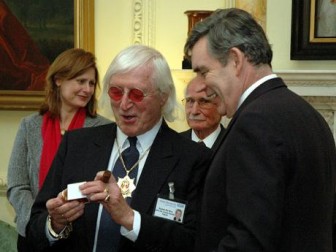
BBC Cover-up: Jimmy Savile in Downing Street. Credit: Downing Street.
With the BBC’s byzantine management structure no-one knows who is really in control. At one point I watched three different managers in Current Affairs, above Editor level, independently rewriting script lines in a Panorama. But if everyone’s responsible, no-one’s responsible, which means that on the big decisions, like killing the important Jimmy Savile investigation, or running the McAlpine allegations without checking, the BBC makes disastrous calls. Jimmy Savile was one of the BBC’s most popular DJs and TV performers. Twenty million would watch his shows. In secret he was also one of Britain’s most prolific paedophiles. I led the team that made the 2011 Newsnight investigation to reveal this abuse, which was then pulled, plunging the BBC into four years of scandals. The latest this week was the leaking of a BBC report, the Janet Smith review, which showed that members of the BBC’s management knew as early as 1973.
There’s another problem. Investigations aim to hold power to account, and one of the most powerful institutions is the government. People ask me is the BBC biased, and my answer is that the fundamental corporate bias is pro-government, regardless of party. It’s the licence fee – stupid. Of course, not every story will be pro-government but the overwhelming narrative will be.
When I was on BBC Radio 4’s Today programme in the late ‘80s I’d regularly get calls from Margaret Thatcher’s party chairman, Norman Tebbit, while the programme was on air. He’d ring up to try to influence the daily agenda. Alistair Campbell and his merry men were equally effective under Tony Blair and their humbling of the BBC after the David Kelly affair only made the corporation more submissive. And now there’s a Tory government so the BBC is pro-Tory. Take the junior doctors’ strike this month. Newsnight, to its credit, ran a MORI poll showing 66% public in favour, 18% against. But on the day of the action Today trawled for anti-strike patients, and the BBC News at Ten ran two negative voices from ordinary people, and no-one in favour.
The only periods when I saw the BBC’s loyalty to the government wavering was under John Major after Black Wednesday, and during the Gordon Brown administration. In each case a cynic might say the corporation could see the PMs were dead on their feet, and the other side was about to be elected and control the BBC purse strings.
Increasingly new media, including Buzzfeed, Vice, and Exaro are outflanking traditional outlets on investigations. Not everything they do will be good, but it is a real challenge. And it is not just new journalism outlets but other opinion shapers advancing into the investigations area which has been vacated by the BBC.
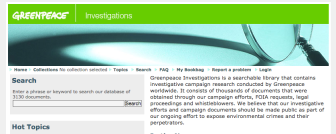 I spent the last six months helping Greenpeace set up an investigations unit, and they won’t be the last charity to do that. It makes you go back to basics and think what is needed, what resources, what framework, how do you treat whistleblowers, what should the rules be? Essentially we came to the conclusion that at Greenpeace there should always be a discussion about whether an investigation was in the public interest and whether that justified any subterfuge like deception or secret recording. But the new media, and organisations new to this field like Greenpeace are not regulated as tightly as public broadcasters.
I spent the last six months helping Greenpeace set up an investigations unit, and they won’t be the last charity to do that. It makes you go back to basics and think what is needed, what resources, what framework, how do you treat whistleblowers, what should the rules be? Essentially we came to the conclusion that at Greenpeace there should always be a discussion about whether an investigation was in the public interest and whether that justified any subterfuge like deception or secret recording. But the new media, and organisations new to this field like Greenpeace are not regulated as tightly as public broadcasters.
They do have the capability to go out on fishing expeditions where they think, but can’t prove, that wrongdoing has happened, and go and find the evidence. They’re not scared of what they’ll find out. As the BBC retreats into caution, the new wave can beat them to the stories, although they may need to partner old media to get the coverage, as Buzzfeed did with the Tennis match-fixing story.
Greenpeace will back whistleblowers a hundred per cent, but alarmingly the BBC now throws them to the wolves. Karin Ward was the first of Jimmy Savile’s victims to go on camera and blow the whistle. We interviewed her in 2011 and she was let down when Newsnight pulled our Savile film. She was let down again after appearing on the Panorama programme “Jimmy Savile: what the BBC knew.” She was sued for libel by comedian Freddie Starr, who was on Savile’s show, for comments she made on the programme. Last July, a high court judge threw out the libel case and said he categorically believed Karin Ward and the other women who testified.
All the time I worked at the BBC I was able to say to whistleblowers “If you’re sued for libel for what you say on our programme, the BBC will back you in court”. But in this case, the BBC threw all that trust away by leaving Karin in the lurch, giving her no financial support in a libel case that cost hundreds of thousands of pounds. The message to whistleblowers was “you can no longer trust the BBC to back you.”
So how can the BBC get back into investigations? In my view they need to apologise to Karin and guarantee support to whistleblowers, and scrap the Editorial Policy unit and the BBC Trust. Finally, they need set up a proper investigations unit funded by cuts in the press office and the other futile departments, and fully back those brilliant investigative journalists who are left in the corporation.
 Meirion Jones is an investigative journalist and producer, and former head of investigations at BBC Newsnight. He won the London Press Awards Scoop of the Year prize for his part in the investigation into Jimmy Savile. @meiriontweets. This story was originally published on openDemocracy and is cross-posted with the author’s permission.
Meirion Jones is an investigative journalist and producer, and former head of investigations at BBC Newsnight. He won the London Press Awards Scoop of the Year prize for his part in the investigation into Jimmy Savile. @meiriontweets. This story was originally published on openDemocracy and is cross-posted with the author’s permission.






